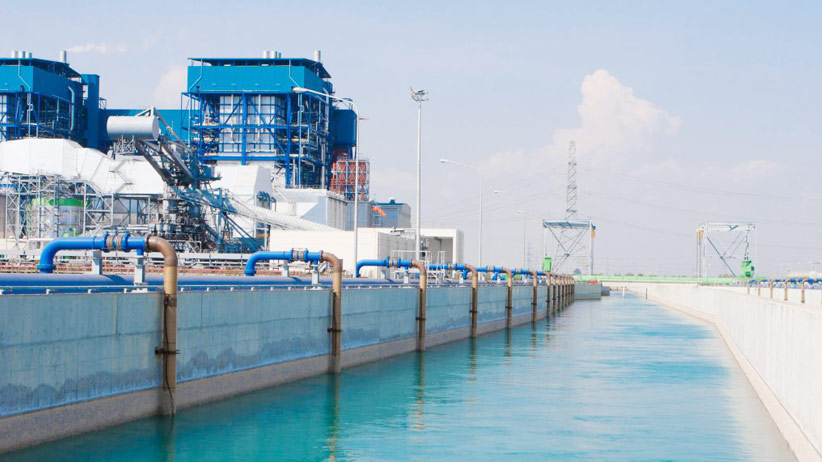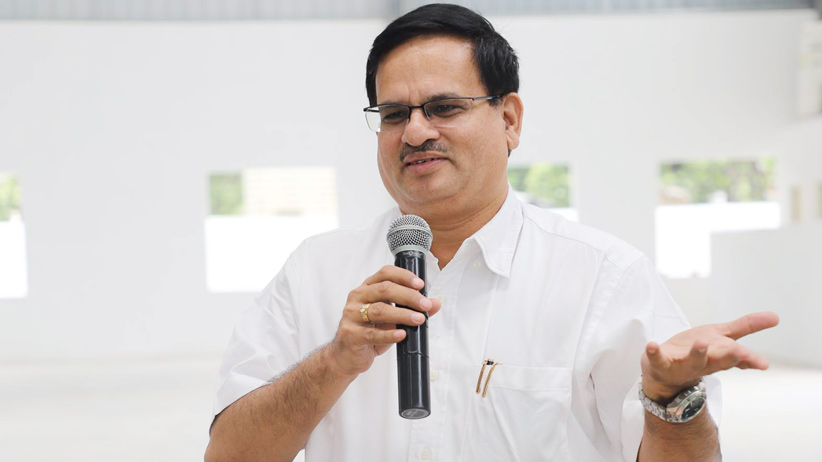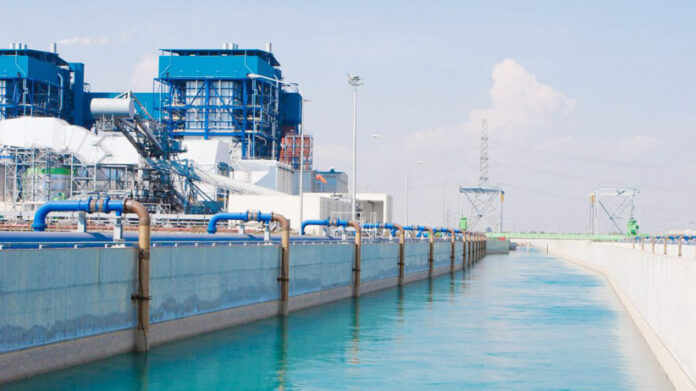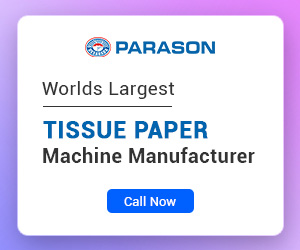
Industrial Waste Water Treatment
The processes used for treating wastewater that is produced by industries as an undesirable by-product. After treatment, the treated industrial wastewater (or effluent) may be reused or released to a sanitary sewer or to surface water in the environment.
Most industries produce some wastewater. Recent trends have been to minimize such production or to recycle treated wastewater within the production process.
Sources of industrial wastewater
- Pulp and paper industry
- Petroleum refining and petrochemicals
- Wool processing
- Nuclear industry
- Textile Dyeing
- Industrial oil contamination
- Wood preserving
- Mines and quarries
- Iron and steel industry
- Battery manufacturing
- Organic chemicals manufacturing
- Electric power plants
- Food industry
Effluent from the pulp and paper industry is generally high in suspended solids and BOD. Plants that bleach wood pulp for paper making may generate chloroform, dioxins (including 2,3,7,8-TCDD), furans, phenols and chemical oxygen demand (COD).[11] Stand-alone paper mills using imported pulp may only require simple primary treatment, such as sedimentation or dissolved air flotation.

Increased BOD or COD loadings, as well as organic pollutants, may require biological treatment such as activated sludge or upflow anaerobic sludge blanket reactors. For mills with high inorganic loadings like salt, tertiary treatments may be required, either general membrane treatments like ultrafiltration or reverse osmosis or treatments to remove specific contaminants, such as nutrients.
List of wastewater treatment technologies
On account of increasing water pollution, rapid urbanization, and implementation of stringent regulations pertaining to proper treatment and disposal of sewage along with restrictions on the discharge of effluent wastewater into water bodies. Demand for waste water treatment plants in India is surging rapidly.
The World’s largest manufacturer & Supplier of pulp and paper machinery, Parason Machinery (India) Pvt. Ltd. is all set to enter into Waste water treatment sector. Talking to The Pulp and Paper Times, Mr. Shekhar Desarda, Managing Director of Parason Group said “Indian Paper Industry is growing 7 to 8% annually and paper mills are expanding their capacities to higher levels to meet the demand. Environmental norms are becoming stringent by CPCB.

One can not release the water untreated. The Effluent Treatment Plant (ETP) market is growing very fast and we are making the collaboration with French and Taiwan manufacturers to work jointly in ETP segment in India.
According to the industry’s reports, wastewater treatment plants market in India is projected to grow at a CAGR of over 12% during 2016-2021. Refineries garnered the largest share in India wastewater treatment plants market, on the heels of a large amount of wastewater generated from the industry and increasing refining capacity of India.
In 2015, India had a refining capacity 223.3 MMTPA and this is projected to cross 310 MMTPA by 2017.“We are foraying an investment of 3 Million USD in this venture and is expected to start the operation commercially from 2019’s beginning.
Implementation of Zero Liquid Discharge regulation by the government on sugar, textile, oil & gas, pharmaceuticals, refineries and pulp & paper industries, among others is further anticipated to stimulate growth in India’s waste water treatment plants market” Mr. Desarda informed.

